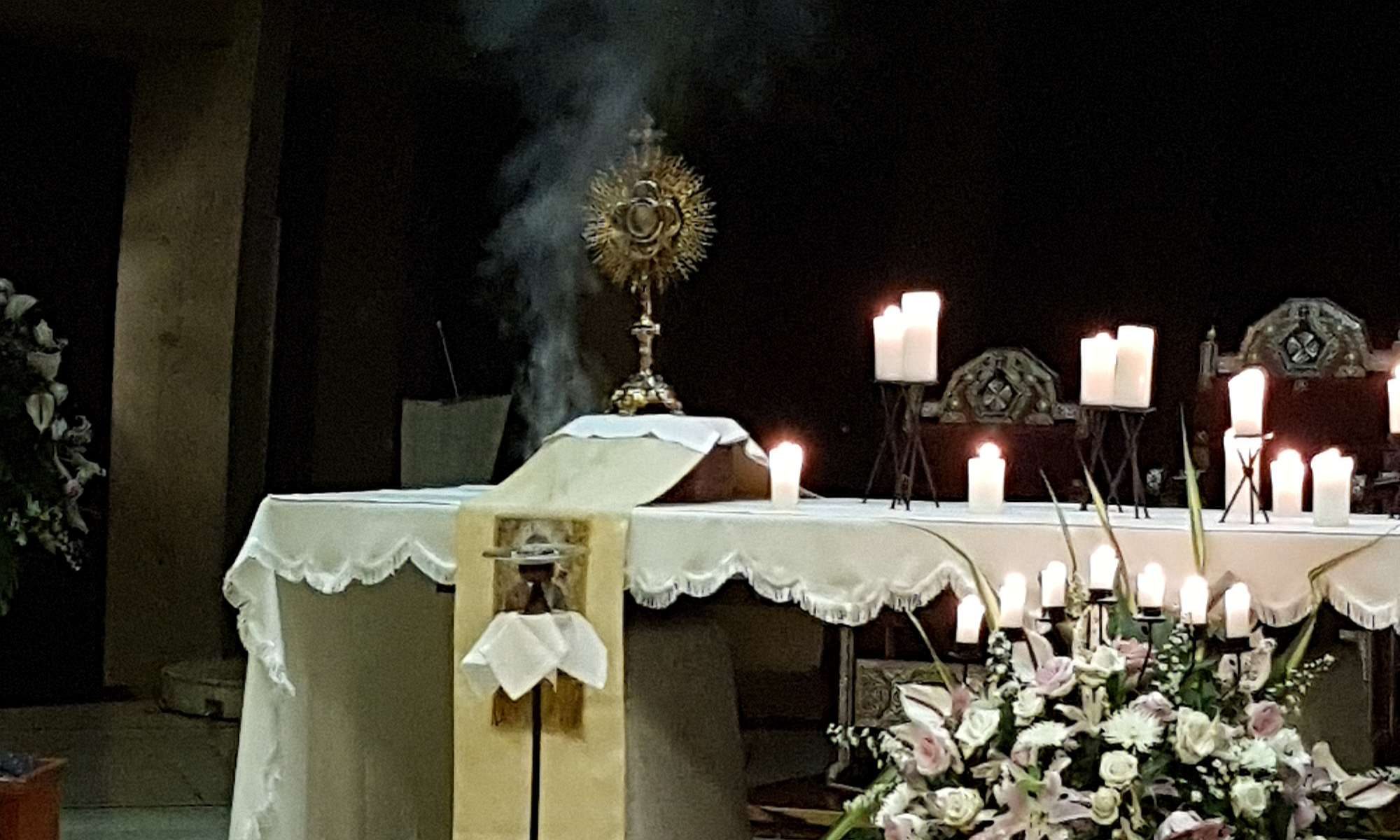[Talk for a group of priests from the Diocese of Metuchen, NJ.]
1. The priest’s paradox: high commitment and low ownership.
From the Gospel according to Matthew, chapter 19: 24 Again I say to you, it is easier for a camel to pass through the eye of a needle than for one who is rich to enter the kingdom of God.” 25 When the disciples heard this, they were greatly astonished and said, “Who then can be saved?” 26 Jesus looked at them and said, “For human beings this is impossible, but for God all things are possible.” 27 Then Peter said to him in reply, “We have given up everything and followed you. What will there be for us?” 28 Jesus said to them, “Amen, I say to you that you who have followed me, in the new age, when the Son of Man is seated on his throne of glory, will yourselves sit on twelve thrones, judging the twelve tribes of Israel. 29 And everyone who has given up houses or brothers or sisters or father or mother or children or lands for the sake of my name will receive a hundred times more, and will inherit eternal life. 30 But many who are first will be last, and the last will be first.
2. The richness of advent.
2.1 The world (barely) knows about Christmas. We can say that advent is plainly ignored.
2.2 Yet with no awareness of our need for Christ we tend to ignore, despise or dismiss all he has for us.
2.3 Do we acknowledge our own needs before the Saviour of all? It seems quite counter-intuitive to experience abundance of giving and receiving, and at the same time, coming to realise our deepest wanting.
2.4 The whole purpose of the season is to arrive at this affirmation: I miss you, Lord.
3. We have got everything in the Eucharist.
3.1 Donation comes to its fullest in the sacrament of the Eucharist. Christ simply didn’t keep anything for himself. He gave away all he had, and all he had was all we need and far more.
3.2 At the same time, the Blessed Sacrament is food for the road; it is the divine manna that gives new strength and purpose to the people of God.
3.3 It is not the case that something of Christ’s treasures is missing in the Eucharist; it is rather the case that we are unable to receive all that is in the sacrament. But the more we come to receive this nourishment, the more able we become to receive even more, so as to identify ourselves with Christ himself.
3.4 This is particularly necessary in order to bring hope to the world and to irradiate true mercy, that is, love that transforms and lifts up human hearts.
